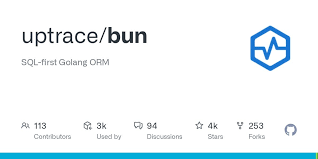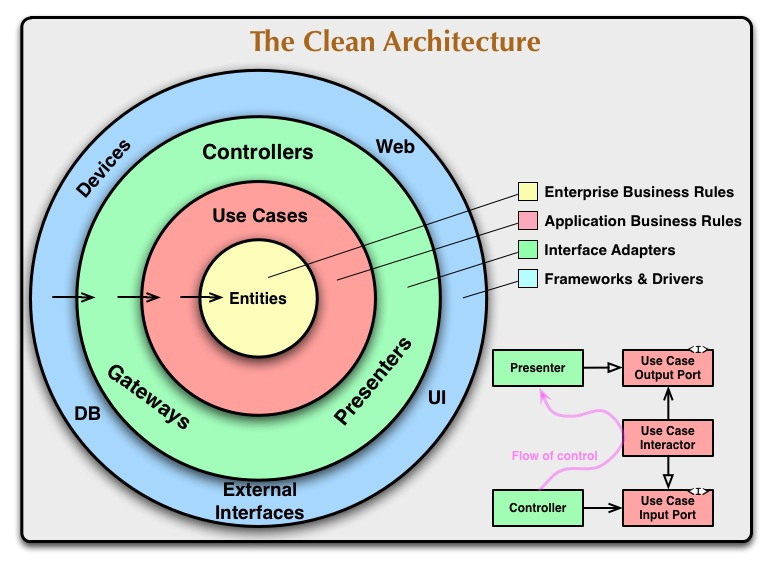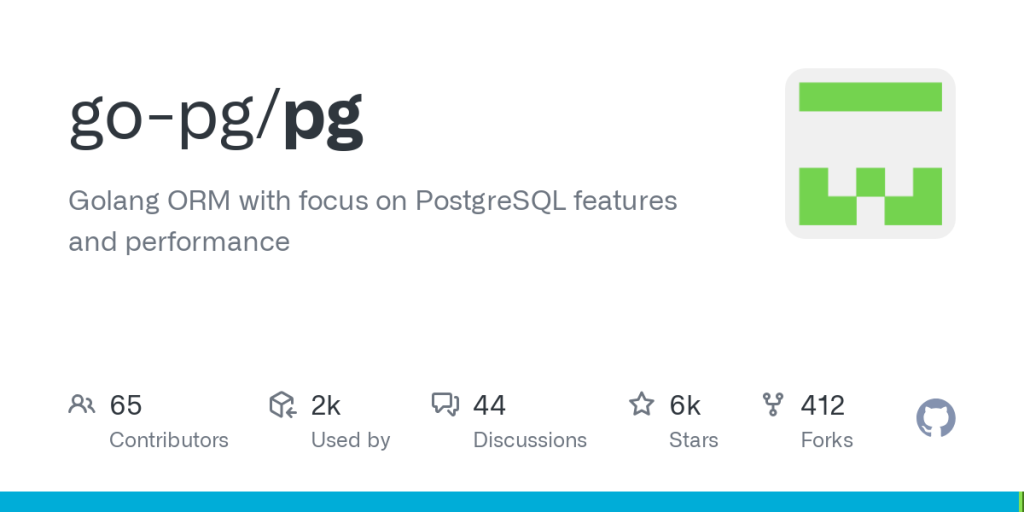SQL Server vs PostgreSQL Comparison Table
Here are some of the Comparison:
| The Basis Of Comparison | SQL Server | PostgreSQL |
| Basic Difference | SQL server is a database management system which is mainly used for e-commerce and providing different data warehousing solutions. | PostgreSQL is an advanced version of SQL which provides support to different functions of SQL like foreign keys, subqueries, triggers, and different user-defined types and functions. |
| Updateable Views | Views can be updatable even if 2 table views are updated. If the tables have different keys and the update statement does not involve more than one table then it will be updated automatically. The user can also make use of triggers to update complex views. | Views in PostgreSQL can be updated but not automatically unlike SQL server. The user must write rules against different views to update them. Also, complex views can be easily created. |
| Computed Columns | SQL server does provide computed columns but views are preferred over computed columns. Computed columns have a very limited use as they are not capable of holding different roll-ups. | PostgreSQL does not provide computed columns. PostgreSQL, on the other hand, has functional indexes which work just as a view. |
| Replication | SQL server can replicate all sorts of data. This can be log shipping, mirroring, snapshot, and transactional and merge etc. and can even have non-SQL Server windows-based subscribers. | Replication in Postgres is in the form of reports and is supposed to be least polished of the bunch. Although there are different third-party options to choose from the ones that are free and not free. PostgreSQL 8.4 or a higher slated version can have built-in replication feature. |
| Support stored procedures and stored functions in different languages | SQL server does support this feature. It can be done with any language which complies with CLR like VB, C#, Python, etc. TO get this done successfully user must first compile the code into all first. | Here there is no need to create a dull first. A user who has created the code can easily see what the code is doing. The server which is downside must host the language the environment is using. |
| Dynamic actions in SQL | SQL server does not support this feature. But instead of this user can use the stored procedure and call these from select statements so it is much more limiting than PostgreSQL. | PostgreSQL does provide this feature and just by using select statements a user can perform really all operations and retrieve and do all other jobs easily. |
| Materialized Views | Yes, it provides the facilities to run materialized views. The functioning though varies depending on where the query is being run. It can be SQL Express, Workgroup, etc. | Postgres does not provide facility to run materialized views. Instead of this, they have a module called mat views which helps in rebuilding any materialized view. |
| Case sensitivity | By default SQL server is considered to be case insensitive but if a user wants to change the same they can do it by going down to the column level. | By default, PostgreSQL is case sensitive and it is difficult to make it insensitive. Changes can be made in it but they are not exposed and are not ANSI compliant hence making it a delirious job to use it on MS Access, PHP Gallery, etc. where SQL is regarded to be case insensitive. |
Conclusion
In this SQL Server vs PostgreSQL article, we have seen Both SQL Server vs PostgreSQL are database management tools. They help in managing all data properly and efficiently. But when it comes to different features PostgreSQL is always at the upper hand. It is an advanced version of SQL and hence provides many additional features. All these features are for free, unlike SQL server. Also, it is cross-platform and can be used with any operating system.
Oracle vs PostgreSQL Comparison Table
The primary Comparison between Oracle vs PostgreSQL Performance are discussed below:
| The Basis Of Comparison | Oracle | PostgreSQL |
| The total cost of ownership | The price of acquisition and product support for the Oracle database is high, and we need to pay in addition for every extra feature we need, which is having a high price. So TCO is high for the Oracle database. | As PostgreSQL is open-source, there is no fee for acquisition and product support which are absolutely free of cost. We can get all the available features of the PostgreSQL database for free as it is open-source. |
| Support | Customer support for the Oracle database is not free; it is almost one-fourth of the license cost and increases 3 to 5 % annually. | Customer support for PostgreSQL is free, but it will take time to resolve the issue as it will be solved by the developer’s community. We can opt for paid service by PostgreSQL professionals, which will be less costly than Oracle DB support cost. |
| Productivity | Oracle database productivity is more due to its technical superiority. Oracle database provides more transactions per second than PostgreSQL. | PostgreSQL productivity is less than Oracle database as it provides less number of transactions per second than Oracle DB. |
| Safety | Oracle database has more security or advanced security, but we need to purchase as part of the editions provided by Oracle corporation, which have some features that protect the database. | PostgreSQL has good security support but not as advanced as the Oracle database, but those features are not relevant to worse conditions of the database, i.e. the total collapse of technical support or database crash or shutdown. |
| Scalability | Oracle database offers four sockets with standard edition for scalability, but for high workload projects, we need to buy enterprise edition, which is a little costly. | PostgreSQL offers scalability support for free of cost expansions such as proxy from Skype allocating information in database clusters, cluster-based storage solutions based on PostgreSQL. |
| Updates | Oracle database release new versions or updated versions once in two to three years with quality changes with respect to demand in the market. | PostgreSQL releases new versions or updated versions once in four to five years, but they continuously add new features and updates to be up to date with market trends and requirements. |
| Handling large data volume | Oracle database enterprise edition handles a large amount of data effectively than PostgreSQL based on other equal conditions and machine types. So it is not fair to compare as productivity depends on various factors. | PostgreSQL database handles a large amount of data effectively, which boosts the productivity of 10 to 30 pages on machines having large volumes of memory. So it depends on various factors. |
Conclusion
Finally, It’s an overview of Oracle vs PostgreSQL comparison in different aspects. I hope you will have a better understanding of these topics after reading this Oracle vs PostgreSQL article. We have seen the Difference Between Oracle and PostgreSQL, and I can say that PostgreSQL is more powerful than Oracle in many instances, being open-source, compatibility with other RDBMS and ease of use with a large community of developers. We can decide the database based on the concrete project. PostgreSQL is being used in many industries such as Hospital applications, patient genetic, B2B applications etc.
Reference:
https://www.postgresql.org/docs/
https://developer.okta.com/blog/2019/07/19/mysql-vs-postgres








 Khoá học lập trình game con rắn cho trẻ em
Khoá học lập trình game con rắn cho trẻ em 


